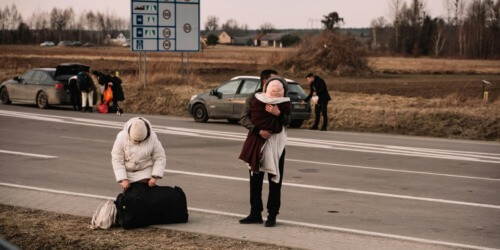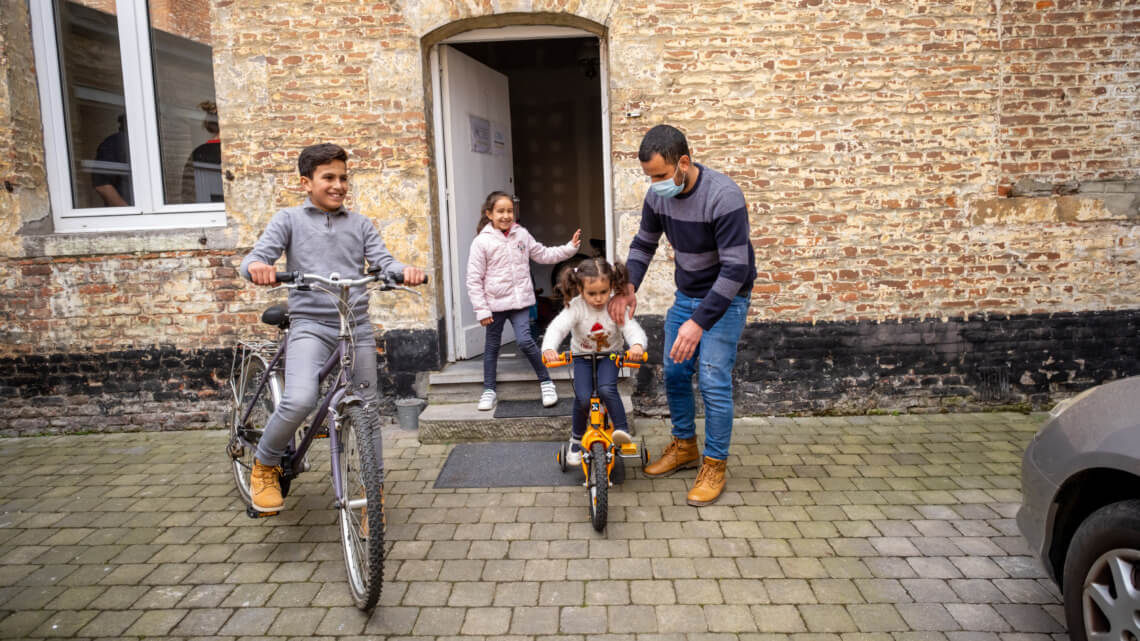At Caritas, we believe in a different approach. We would like to see decent reception conditions for people arriving in Europe instead of violence and pushbacks. We would like to see a welcoming Europe that brings people together and fosters social cohesion and inclusion instead of polarising societies. We would like to see solidarity instead of rejection and walls.
This starts with facilitating regular migration to Europe. Despite recent efforts from the EU institutions to facilitate labour migration, it remains incredibly complicated for migrants to safely and legally reach Europe to work, study or reunite with family members. This forces people to embark on dangerous journeys, and is at odds with the increasing labour force shortages plaguing most countries. For those who make it to Europe, undeclared work and exploitative conditions are often the sad reality that awaits them. Rampant exploitation and precarious working conditions in the agriculture sector as well as in the long-term care sector illustrate this reality.
We call on governments to expand labour migration policies to all skill levels, placing migrant workers’ rights and dignity at the centre. We also expect EU lawmakers to facilitate smooth access to a secure work/residence permit and promote better treatment of migrant workers and break the dependency chain on their employers as they finalise the reform of the EU Single Permit Directive. Likewise, they need to pursue efforts in facilitating access to an EU Long-term Residence Permit that will ease integration and bolster migrants’ rights.
Serious and well-funded integration policies are also crucially needed to ensure proper participation in society and restore social cohesion. Language classes, decent housing and access to work through the facilitation of recognition of diplomas and skills are some of the prerequisites for lasting integration.
Finally, we need to drastically expand partnerships and tools that facilitate mobility from non-EU countries to the EU instead of considering them as bargaining chips to engage strategic countries of origin and transit in the fight against irregular migration. Mobility partnerships need to be transparent, provide decent working conditions and benefit the countries of origin and destination alike by preventing brain drain, for instance.
















